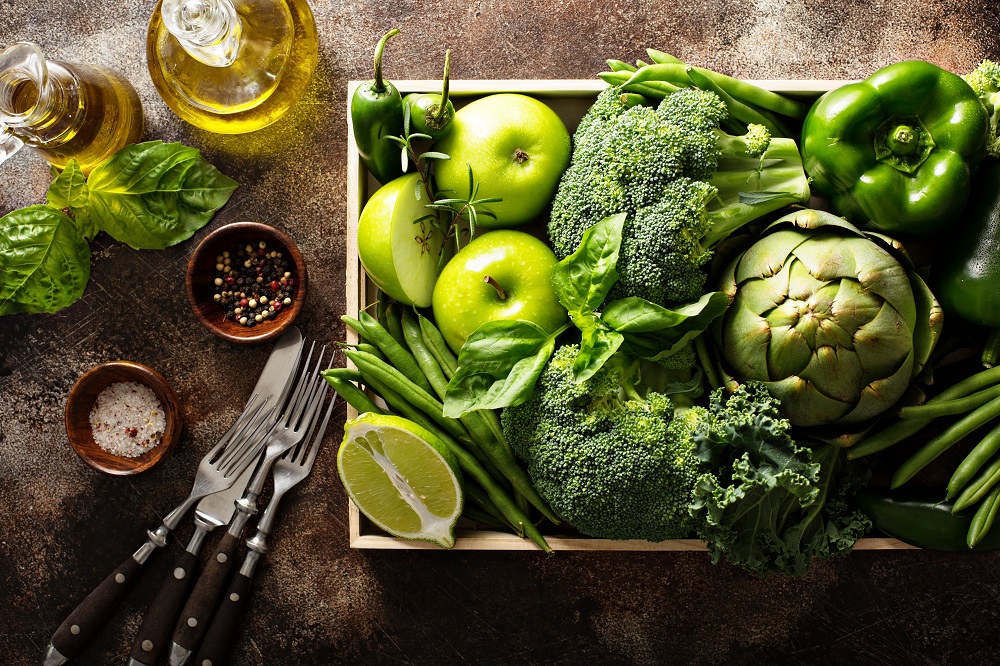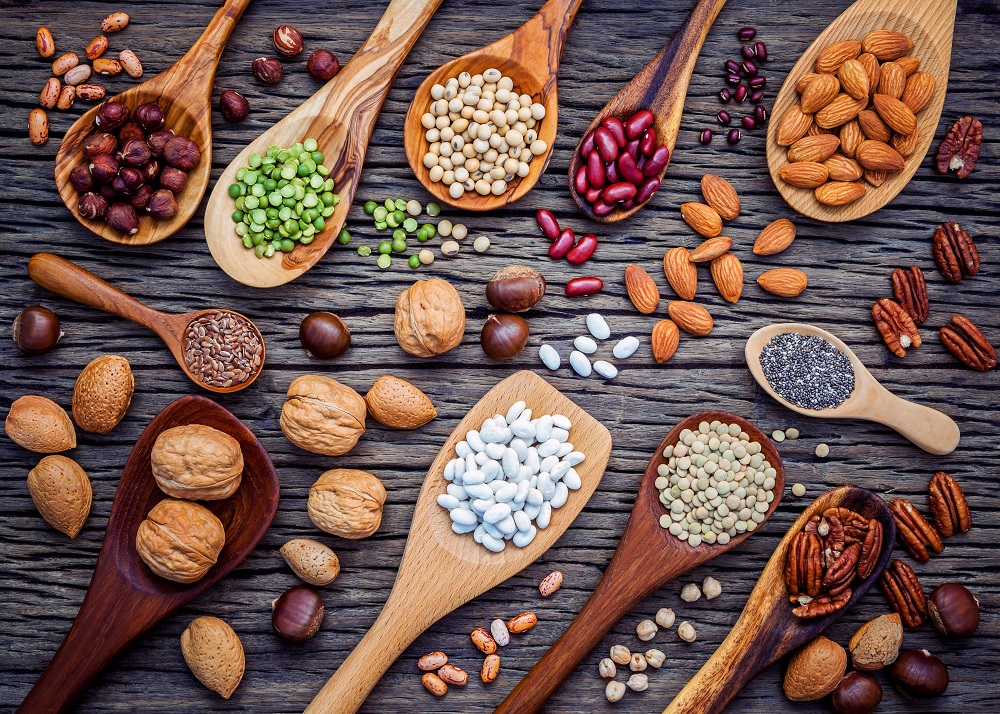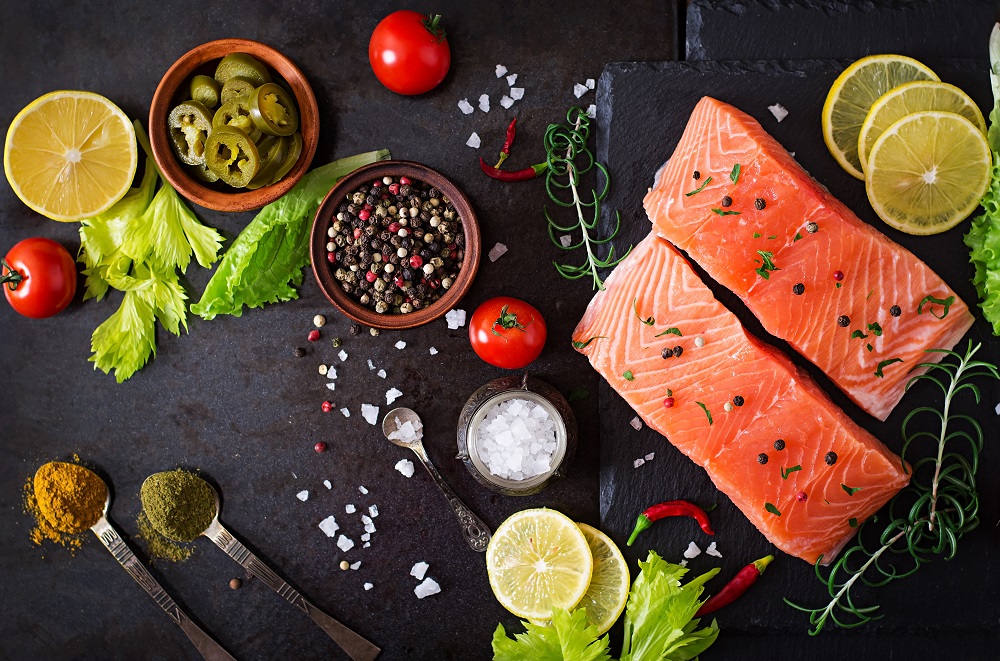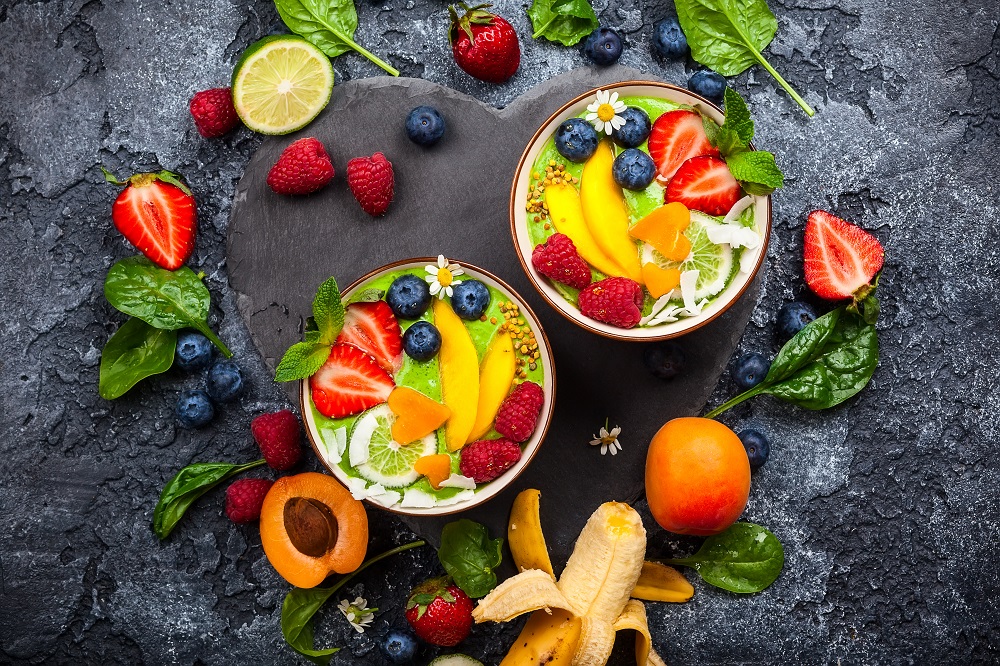Even though genetics play a major role in development, nutrition is extremely necessary for kids. And yes we understand that parents are busy people, we get that. It’s that busy lifestyle that has made them consume junk food over the long haul. Keeping up with what children eat during school can be a little overwhelming if you don’t know where to start. You need to teach your children about good eating habits as this will help them maintain a healthy weight and normal growth while understanding the rationale behind what’s good and what’s not in food labels.
They need to understand that falling into an unhealthy pattern of consuming too much sugar or a lot of processed food is a major contributing factor to chronic diseases including obesity, type 2 diabetes, hypertension and cardiovascular conditions. Getting lured by fast food and unhealthy snacks in front of the television is easy. However, that shouldn’t be the case for our children.
Developing a healthy dietary and exercising habits will help them stay strong and active at each stage of development as their bodies will require increased serving of each food group whether it’s caloric intake, carbohydrates, micronutrients, fibers or fats.
• Educate them about good eating habits
You need to understand that kids don’t eat healthy to start with. The hassle of teaching them about green food or what entails a healthy diet does not match with what their brain is telling them. The typical scenario of a child these days is an open fridge door, a randomly selected edible item within reach and that is it – if you can provide them the option of having a stool and a place to put their smartphones within the premises of that fridge, life for them will be complete. Eating healthy has a lot of perks but it also requires proper education and preparation.
Set things by example by eating with them a healthy breakfast or lunch when they come back from school. Approach this with creativity as there are many ways to serve kids what to eat if it’s not gummy bears or a ice cream. Tell them the importance of water for the body, why eating healthy fatty-food will help in cell rejuvenation, keep the body warm and acts as a protective shield around vital organs and why dried fruits and nuts will help develop strong heart muscle, improve cognitive performance in the brain as well as promote smoother skin.
• Feed them mean, green

Not all of the kids like healthy food. Actually none of them like eating at all come to think about it. Their palette isn’t programmed for eating lettuce in salads or slurping broccoli soup. Don’t force certain food on them, in fact, you should be creative in how you present it. Making finely chopped spinach, broccoli, asparagus or even peas into a smoothie would be a great way to mask the tasteless dishes.
When your kids realize that healthy food can taste good, inform them about the full ingredients of what they are eating. Healthy doesn’t mean tasteless or lacks in flavor. You can check out great recipes from BBC Good Food, they have family-friendly recipes that are easy to create for school.
• Reward them healthy snacks

There are ways to treat a sugar rush craving without downing strands of licorice. If you’ve watched TED Talks with renowned chef, Jamie Oliver, you too will think twice about eating crisps, brownies, chocolate bars, fizzy drinks or any confectionery that is handed in schools nowadays. It’s a bad habit that needs to be broken. Try to break the habit of munching anything found in the kitchen. Plan a list of healthy food before your next shopping trip for the entire family, that is a good habit. As time goes by, that list will be better and so will you.
Dried fruit like mulberries, dates, pineapples or apricots is always great to have if you want to nibble and feel a little peckish. Lowest-fiber snacks like cashews and walnuts are also good to include. Nuts are categorized as “good cholesterol” molecules. A published report in the American Journal of Clinical Nutrition found that including nuts in diet is good – in spite of the quantity you’ll have – as it’s found to help in lowering cholesterol levels. Gamma-tocopherol (a natural form of vitamin E) allegedly is one of the key compounds in fighting cancer. In other words, you can have as many as you want, go nuts.











